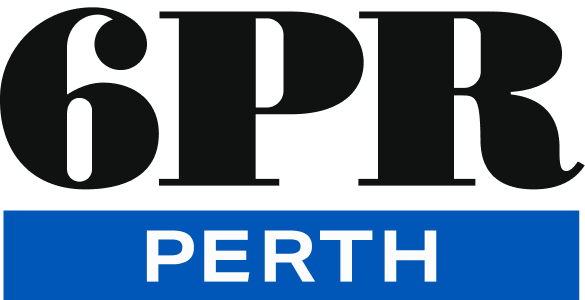The long list of requirements to hold a COVID safe dawn service
The state government have no plans to ease coronavirus restrictions on Anzac Day services, despite a number of suburban branches being forced to cancel.
Yesterday Premier Mark McGowan urged RSL branches and local councils to apply a “common sense” approach when it comes to Anzac Day ceremonies.
An investigation by 6PR’s Gareth Parker has revealed the long list of red tape RSLs are forced to comply with to hold an event.
RSLs are required to complete paperwork (which is nine pages long) if more than 500 people are expected to attend, as well as enforce QR code scanning and COVID-safe marshals.
“The Premier recons that the councils and the RSLs need to show some common sense, Premier those are your rules,” Parker said.
RSL volunteers are required to give the department the following details:
- Total square metreage of the venue
- Total number of patrons
- A layout of the venue (including map)
- Details of the nature and duration of contact between patrons
- Details of the “demographics” of people expected to attend
- Provide details of any activities that may lead to close physical contact (eg dancing)
- Whether drug and alcohol consumption will limit the effectiveness of social distancing
- Indicate how many COVID-safe marshals and what they will do to “observe, report and manage physical distancing protocols”
- Describe hygiene and cleaning regimes including handwashing and sanitiser stations
- Keep a register for staff/volunteers and how share equipment will be cleaned
- A training plan for staff/marshals, including the completion of “COVID-19 infection control training”
- A plan to “recognise illness in staff or patrons present”
Click play to hear more.
(Photo: iStock by Getty Images.)














